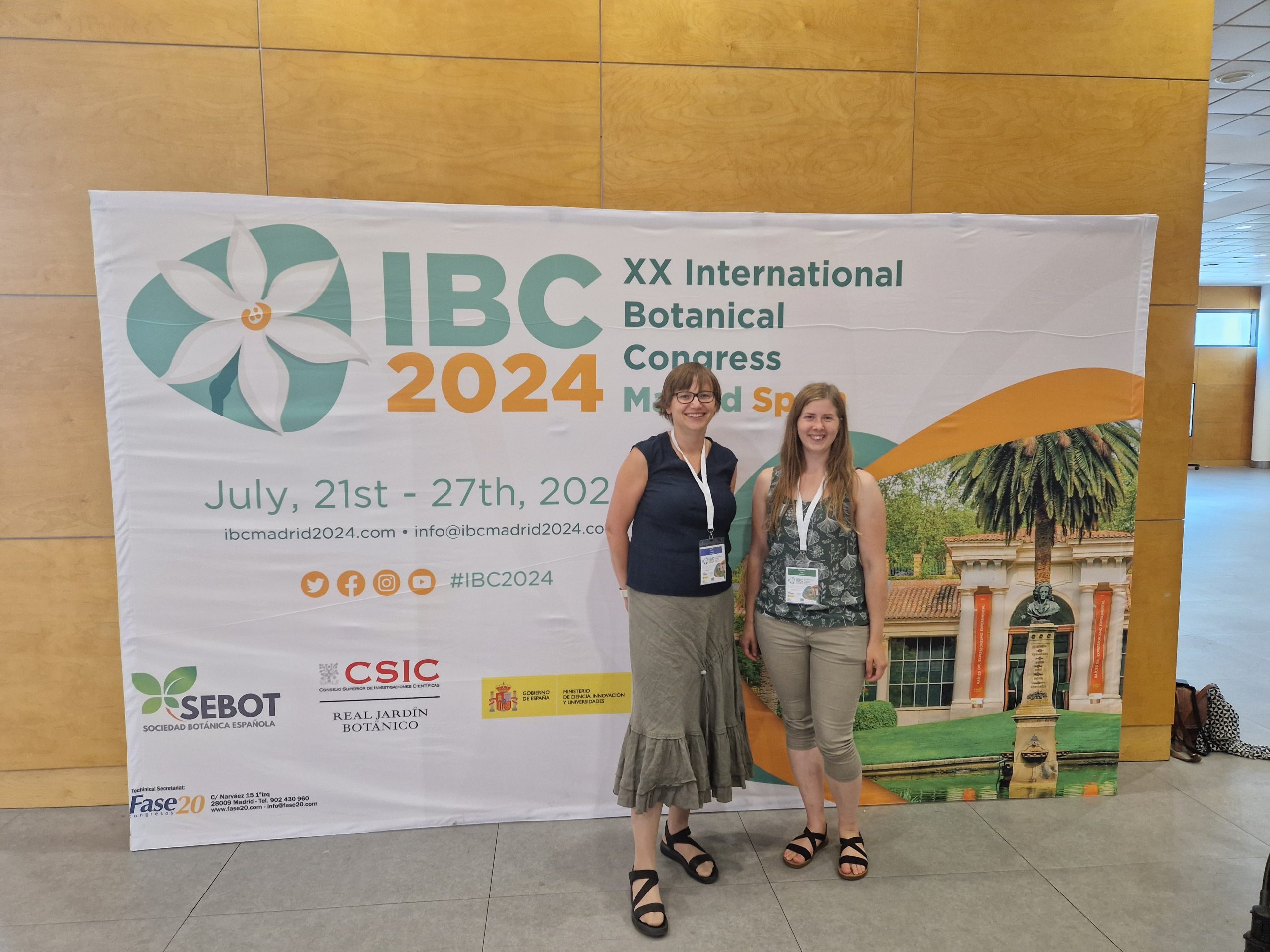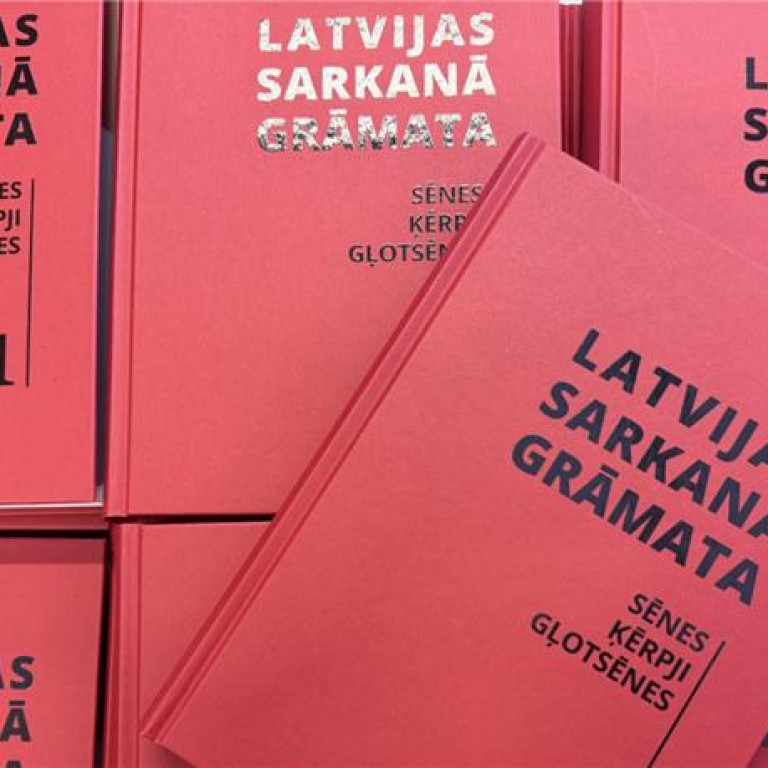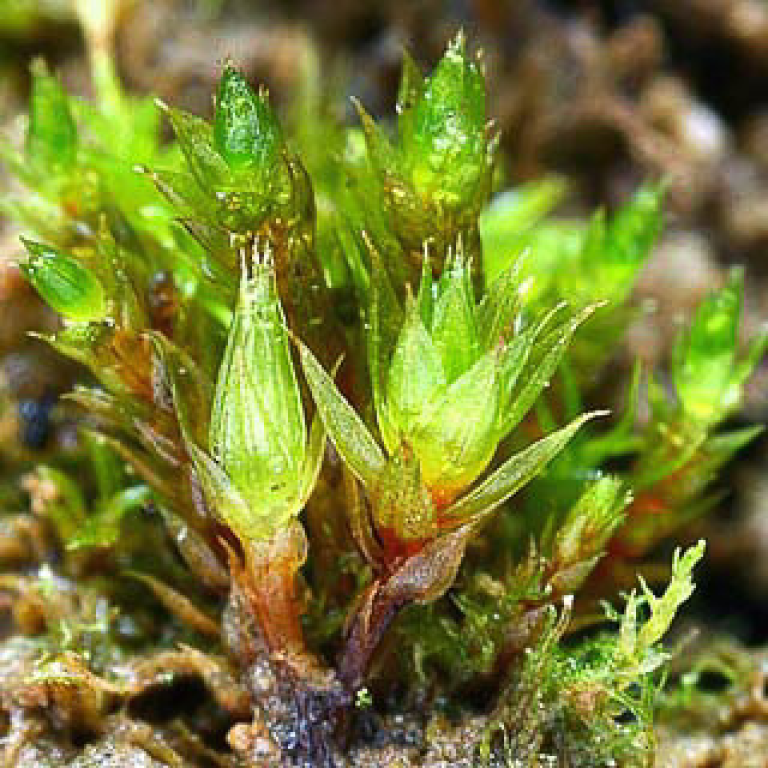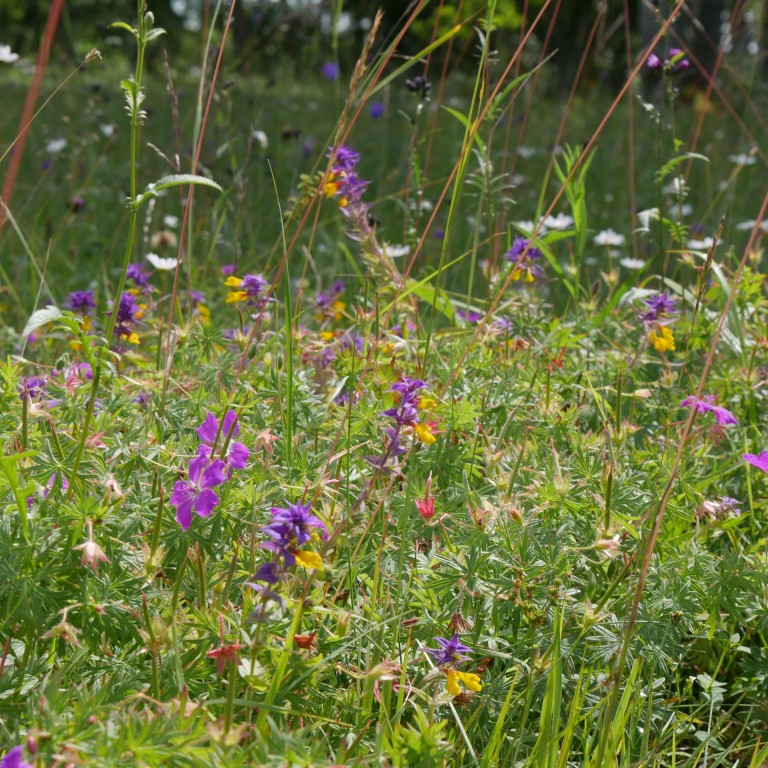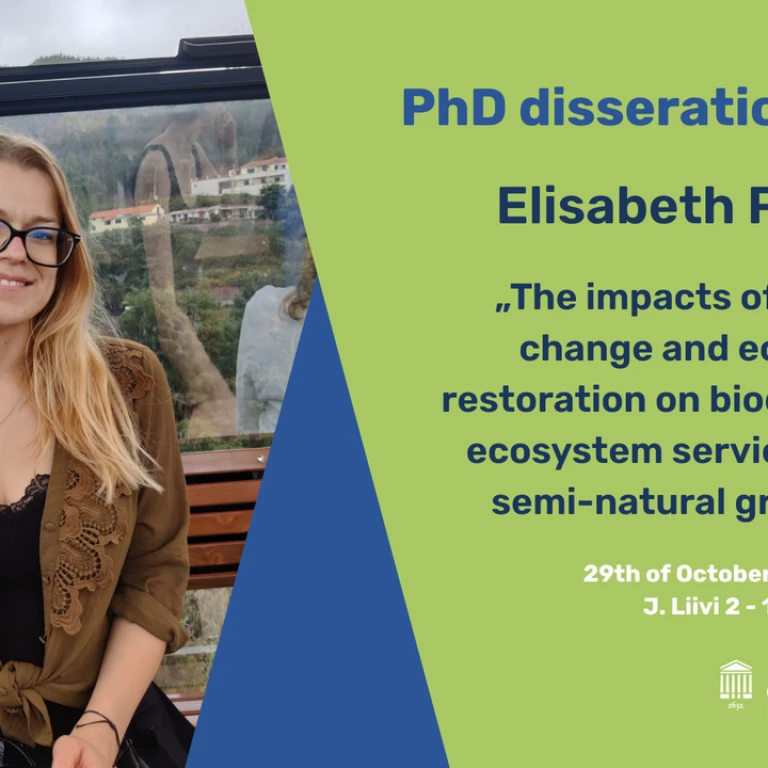The topics raised for a speech at the XX International Botanical Congress in Madrid ranged from systematics and biodiversity to the relationship between human society and the plant kingdom. Messages stemming from presentations and discussions were formulated into the Madrid Declaration, which draws attention to the importance of plants for the preservation of human well-being.
Although plants have provided essential services for the functioning of human society for millennia, for example, in the form of food, medicines, clothing, building materials and energy, despite this, we still do not know much about the associations of plants with other organisms and the role of plants in ecosystems. In order for the Planet Earth to remain diverse for generations to come, the scientists who came together formulated a statement consisting of ten key messages - the Madrid Declaration - pointing out the dependence of humans on plant kingdom and the need to preserve the amazing diversity of plants.
The congress, with approximately 3,000 participants and 18 parallel sessions, was also attended by the head of the Landscape Biodiversity Workgroup, associate professor Tsipe Aavik, and Iris Reinula, who recently defended her thesis on genetic variability in grassland plants. Tsipe Aavik was co-organizing a session "Across Land and Water: Understanding plant gene flow at a Landscape Scale", which addressed the factors influencing the gene flow between plant populations. In the same session, Iris Reinula spoke about the neutral and adaptive genetic diversity of plant populations.
"Although such a large conference seemed organisationally intimidating at first, the participants eventually spread among the parallel sessions and the huge conference facility, and the impression of overcrowding did not occur," commented Iris Reinula. "The great thing about the congress was the fact that because of the huge amount of plant scientists, there were many interesting symposia on more specific topics, including the ones in our focus, so that these symposia were sort of of mini-conferences on their own. Hence, we found like-minded people to work with in the future."
Tsipe Aavik, too, highly valued the congressional content. "Several of the main topics of our working group were very well represented, including the interactions between plants and pollinators, the research of plant-pollinator networks, the factors influencing the reproductive traits of plants, particularly those associated with pollination, and conservation genetics. Our own session brought together exciting topics and scientists from the field of landscape genetics, with whom cooperation will continue."
The next International Botanical Congress will be held again after five years – in 2029 in Cape Town, the capital of the Republic of South Africa.
More information:
Tsipe Aavik
Iris Reinula
